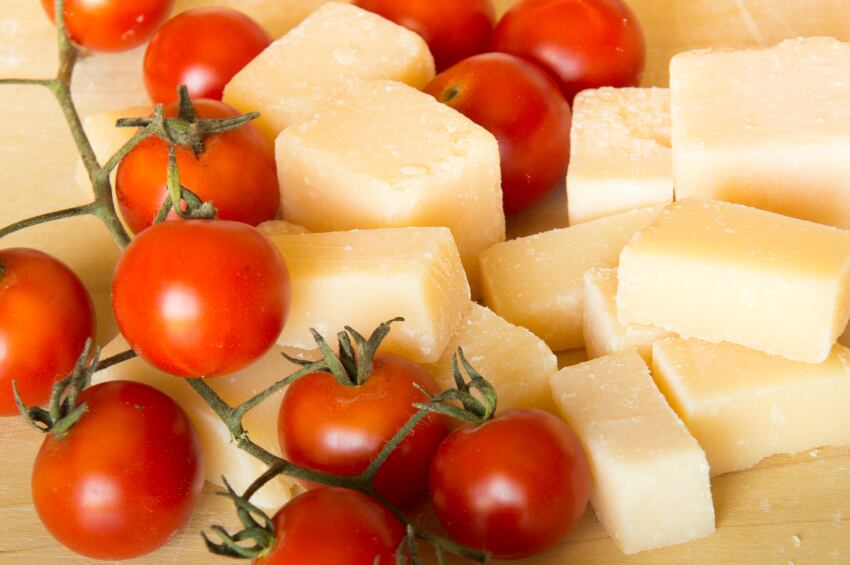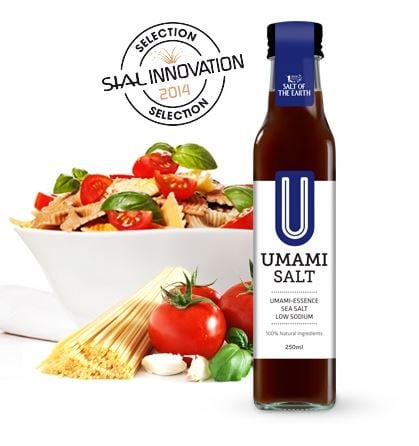Fuelled by expanding incomes and shifting cultures, market research company IHS has predicted a surge in global demand for monosodium glutamate.
Most of this demand will come from increased use in Asia – which currently accounts for 88% of world consumption – as well as emerging economies such as Brazil and Nigeria. But what about Europe – can the flavour ever shake off its negative health associations?
According to the author of the IHS report, Marifaith Hackett, the attitudes regarding MSG use are very different depending upon which socioeconomic groups or cultures are being polled. "It is as interesting dynamic – there is a very strong East/West divide.”

It seems that some food scares stick around. In 2002 the European Food Information Council said MSG’s bad press was unfounded, and that it was a safe and useful taste enhancer for foods. But ten years later, a survey conducted by Leatherhead Food Research in 2012 found 63% of the 1,244 surveyed consumers still said they wanted less MSG in their food and drink.
Despite that, volume consumption for Western Europe has risen over the past five years and will continue to do so according to Euromonitor, which forecasts a 5.3% increase in year on year growth for MSG consumption over the period 2014-2019. However there are significant regional differences – Italy will see a 5.6% fall while growth in Norway is tipped to rise 6.7%.
Riding on the salt reduction wave
Adam Bland, associate director at IHS Chemical told FoodNavigator that attitudes are changing, and the MSG has the potential to transform from being the bad guy in its own health scare to the good guy in another one – salt and fat reduction.
“I believe that the issue has improved significantly compared to say 5-10 years ago. Consumers are increasingly aware of food ingredients, especially food additives, although there has been a preoccupation more concerned with artificial sweeteners, salt and fat reduction. (…) [But] salts and fats provide food with flavor, so actually MSG can be added to support the reduction of fats and salts.”
Bland said he sees potential for MSG seasonings to gain popularity in Europe as a third condiment to reduce sodium intake.

“I live and work in Switzerland where it is very common to have your Aromat alongside the salt and pepper. Eastern European cooking also traditionally uses MSG as a seasoning in home cooking to compliment staple foods such as potatoes, rice, soups and stews.”
But for the minute it seems Europeans may continue to chase the umami flavour without the use of MSG – and manufacturers are responding with R&D and product launches.
Last year flavour company Givaudan filed a patent for MSG-free umami flavour compound, which it said created an acceptable umami impression in food and beverages. The company wrote in the patent filing: “Umami flavour has traditionally been achieved by the addition of monosodium glutamate (MSG) to foodstuffs. However, the presence of MSG in foodstuffs is not universally acceptable, and there is an interest in the achievement of umami taste with lower proportions of MSG than is normally the case.”
Meanwhile earlier this year Israeli company Salt of the Earth launched a range of umami-essence sea salt seasoning in consumer and bulk formats, which contain 82% less sodium than table salt and are marketed as MSG-free. “It gives manufacturers a much simpler way both to label products “reduced sodium” and nutritious, and to comply with the global salt reduction framework for cutting down sodium in processed foods,” the company says.
